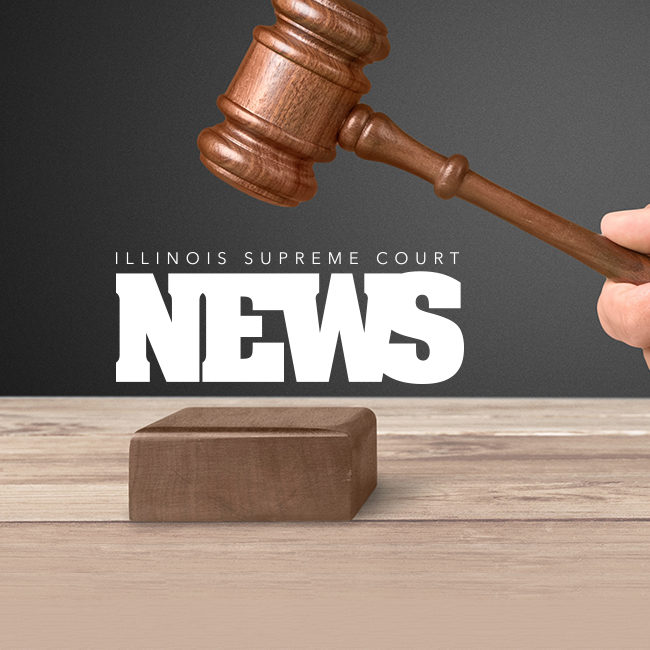Illinois Supreme Court Approves Amendments to Order on Residential Evictions

The Illinois Supreme Court announced today amendments to Order M.R. 30370 regarding residential evictions. The Illinois Judicial Conference’s Court Operations During COVID-19 Task Force (Task Force) recommended these amendments to the Court in order to better clarify the standard for residential evictions impacted by the governor’s executive orders.
The amendments to the Court’s Feb. 23, 2021, order on Residential Evictions Proceedings are available on the Court website.
One of these amendments to the order on Residential Eviction Proceedings states that a landlord’s challenge to a tenant’s reliance on the governor’s eviction moratorium must be raised in a motion that identifies with specificity the legal or factual basis for any such challenge and where facts pled in the motion are sworn under penalty of perjury. This change is intended to make clear that landlords maintain the burden of proving why the eviction moratorium does not apply to a tenant at all times.
The amendments also state that the motion may be set for by hearing only if, on its face, it reflects a viable basis for relief. If the reviewing judge denies the motion, the case shall be dismissed, without prejudice, and the court record sealed.
The Court and the Illinois Judicial Conference created the Task Force in June 2020 to serve as a rapid response unit to address ongoing challenges to court operations caused by the pandemic. The Chair of the Task Force is J. Timothy Eaton, Partner at Taft Stettinius & Hollister LLP, and the Vice Chair is Chief Judge Eugene Doherty of the 17th Circuit.


Member Comments (2)
The road to hell is paved with good intentions. The shift in the burden of proof establishes another reason for Landlords to screen applicants for high credit worthiness, marginalizing the very strata of society we wish to help.
The actual order reads
2. Under the Executive Order, a person or entity cannot commence an eviction against a “covered person” (defined by the Executive Order as a tenant, lessee, sub-lessee, or resident of a residential property who provides to their landlord a qualifying declaration) who does not owe rent unless that person poses a direct threat to the health and safety of other tenants or an immediate and severe risk to property.
This is a big change.